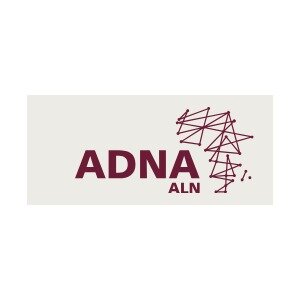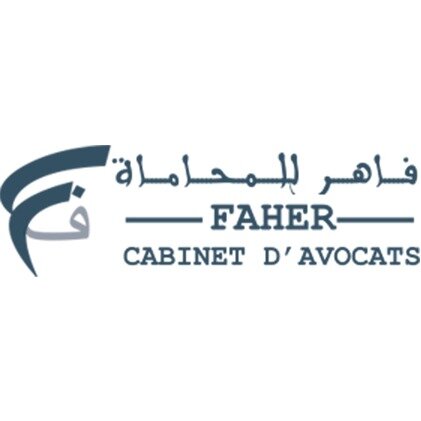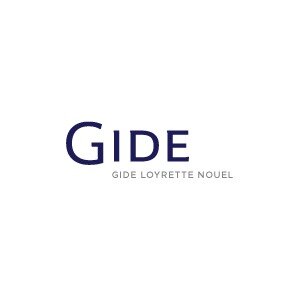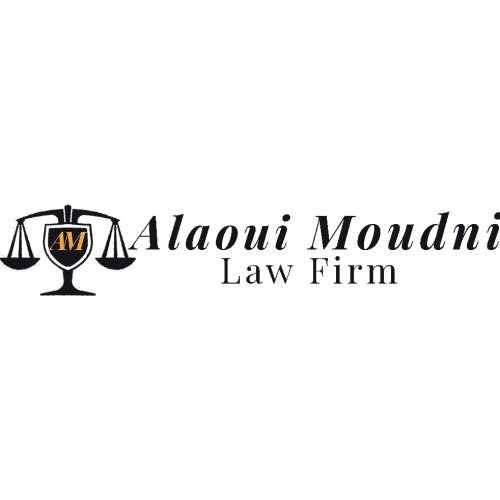Best International Lawyers in Casablanca
Share your needs with us, get contacted by law firms.
Free. Takes 2 min.
List of the best lawyers in Casablanca, Morocco
About International Law in Casablanca, Morocco
International law in Casablanca, Morocco refers to the legal framework governing relations between different countries and individuals or entities operating across national borders. It encompasses various legal areas such as international trade, investment, human rights, and diplomatic relationships. Casablanca, as a major business and economic hub in Morocco, plays a significant role in international transactions and dispute resolution.
Why You May Need a Lawyer
There are several common situations where you may require legal help in the field of international law:
1. Business Transactions: If you plan to engage in international business activities, such as import/export, franchising, or establishing joint ventures, a lawyer can help navigate the complex legal requirements and protect your interests.
2. Cross-Border Disputes: When conflicts arise in international trade, investment, or contractual relationships, having a lawyer experienced in international law can be crucial in resolving disputes and minimizing potential risks.
3. Immigration and Visa Matters: If you are planning to reside, work, or study in Casablanca or Morocco as a foreign national, a lawyer can assist you with immigration procedures, visa applications, and ensure compliance with local laws.
4. Intellectual Property Protection: International law governs the protection of patents, trademarks, copyrights, and trade secrets. A lawyer can help safeguard your intellectual property rights and guide you through the registration process.
5. Human Rights Advocacy: If you believe your human rights have been violated or you are involved in a case related to human rights abuses, seeking legal advice from an international lawyer can be essential in seeking justice and redress.
Local Laws Overview
It is important to be aware of the following key aspects of local laws in Casablanca, Morocco when dealing with international matters:
1. Legal System: Morocco operates under a civil law legal system, influenced by French law. Courts in Morocco apply both local laws and international treaties ratified by the country.
2. International Treaties: Morocco is a party to various international treaties, including trade agreements, investment protection treaties, and human rights conventions. These treaties may have direct implications on your legal rights and obligations.
3. Contractual Freedom: Morocco recognizes the principle of contractual freedom, allowing parties to freely negotiate and agree upon the terms of their international contracts, subject to certain legal requirements and limitations.
4. Foreign Investment: Morocco has implemented investment-friendly policies and provides incentives for foreign investors. However, there are regulations governing foreign investment, such as registration requirements and sector-specific restrictions.
5. Dispute Resolution: In international disputes, parties may choose different forums for resolution, such as litigation in Moroccan courts, international arbitration, or alternative dispute resolution mechanisms. It is important to understand the advantages and drawbacks of each option.
Frequently Asked Questions
1. Is it necessary to hire a local lawyer for international legal matters in Casablanca, Morocco?
While it is not mandatory, hiring a local lawyer who is familiar with both domestic and international laws in Morocco can greatly benefit you. They possess relevant expertise, local connections, and a deep understanding of local customs and practices.
2. What are the potential risks of not complying with Moroccan laws in international business transactions?
Non-compliance with Moroccan laws in international business transactions can lead to legal disputes, imposition of penalties, business disruptions, loss of opportunities, and damage to your reputation. It is crucial to ensure full compliance to protect your interests.
3. How can I check if a lawyer in Casablanca, Morocco is qualified and trustworthy?
You can verify the qualifications and credibility of lawyers in Casablanca through professional associations, law firms' websites, client testimonials, and recommendations from trusted sources. It is advisable to conduct thorough research and, if possible, consult with multiple lawyers before making a decision.
4. What is the process for initiating international arbitration in Casablanca, Morocco?
To initiate international arbitration in Casablanca, you usually need to follow the rules of the chosen arbitration institution or adhere to the relevant international arbitration treaty. Consult an experienced lawyer to understand the specific requirements and procedures applicable to your case.
5. How can I protect my intellectual property rights in Casablanca, Morocco?
To protect your intellectual property rights in Casablanca, Morocco, you should consider registering your patents, trademarks, and copyrights with the competent Moroccan authorities. It is advisable to work with a lawyer specializing in intellectual property law to ensure proper protection under Moroccan laws.
Additional Resources
Here are some resources, governmental bodies, and organizations related to international law in Casablanca, Morocco that can provide valuable assistance:
1. Moroccan Ministry of Foreign Affairs: www.diplomatie.ma
2. Casablanca International Arbitration Center: www.ciaca.ma
3. Moroccan Bar Association: www.avocatmaroc.ma
4. International Chamber of Commerce - Morocco: www.icc.ma
Next Steps
If you require legal assistance in international matters in Casablanca, Morocco, consider the following steps:
1. Determine the specific area of international law relevant to your situation.
2. Research and compile a list of experienced international lawyers in Casablanca, Morocco.
3. Schedule consultations with shortlisted lawyers to discuss your case.
4. Evaluate the lawyers based on their expertise, qualifications, communication skills, and proposed legal fees.
5. Select the lawyer who best meets your needs and initiate the legal process under their guidance.
Lawzana helps you find the best lawyers and law firms in Casablanca through a curated and pre-screened list of qualified legal professionals. Our platform offers rankings and detailed profiles of attorneys and law firms, allowing you to compare based on practice areas, including International, experience, and client feedback.
Each profile includes a description of the firm's areas of practice, client reviews, team members and partners, year of establishment, spoken languages, office locations, contact information, social media presence, and any published articles or resources. Most firms on our platform speak English and are experienced in both local and international legal matters.
Get a quote from top-rated law firms in Casablanca, Morocco — quickly, securely, and without unnecessary hassle.
Disclaimer:
The information provided on this page is for general informational purposes only and does not constitute legal advice. While we strive to ensure the accuracy and relevance of the content, legal information may change over time, and interpretations of the law can vary. You should always consult with a qualified legal professional for advice specific to your situation.
We disclaim all liability for actions taken or not taken based on the content of this page. If you believe any information is incorrect or outdated, please contact us, and we will review and update it where appropriate.

















